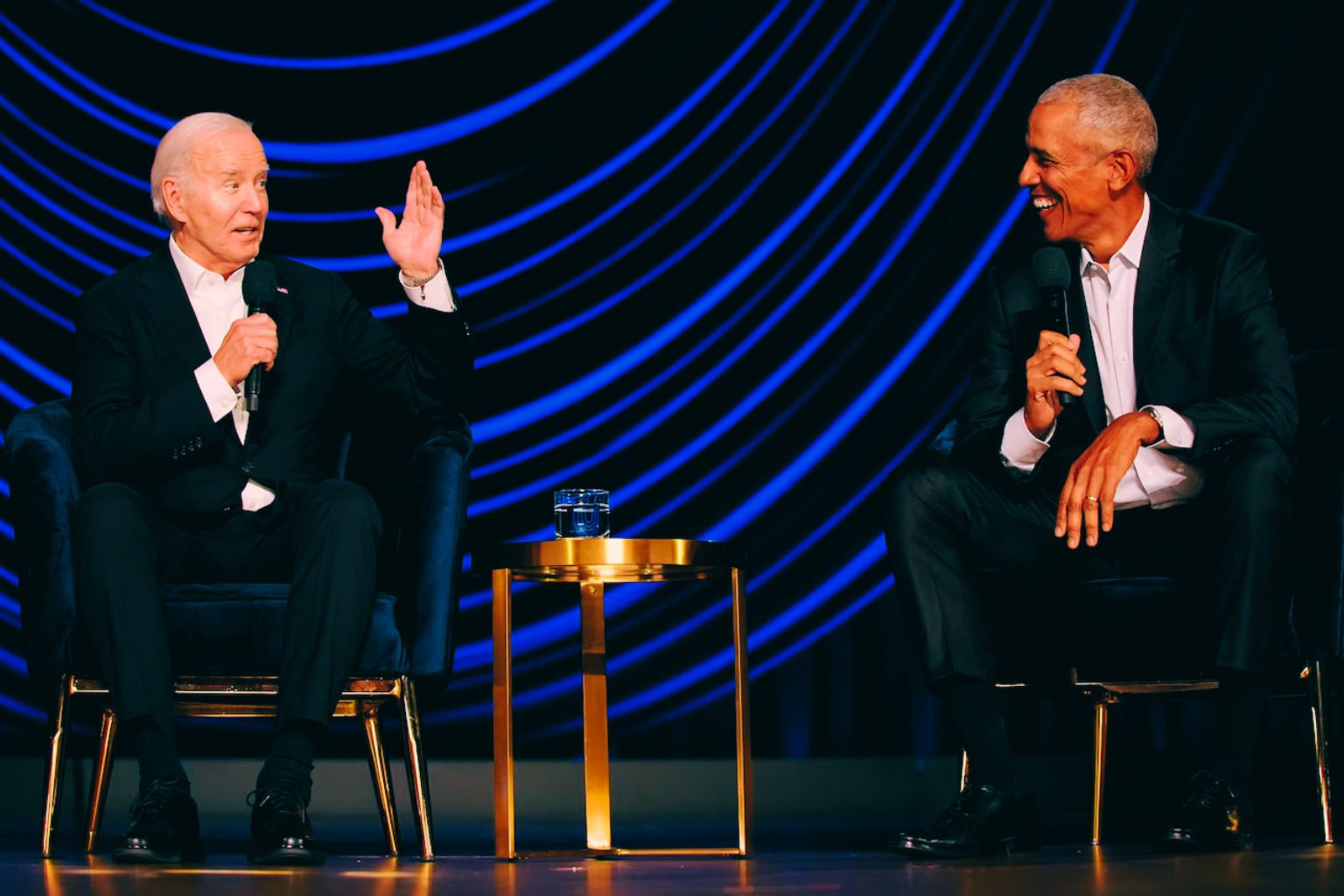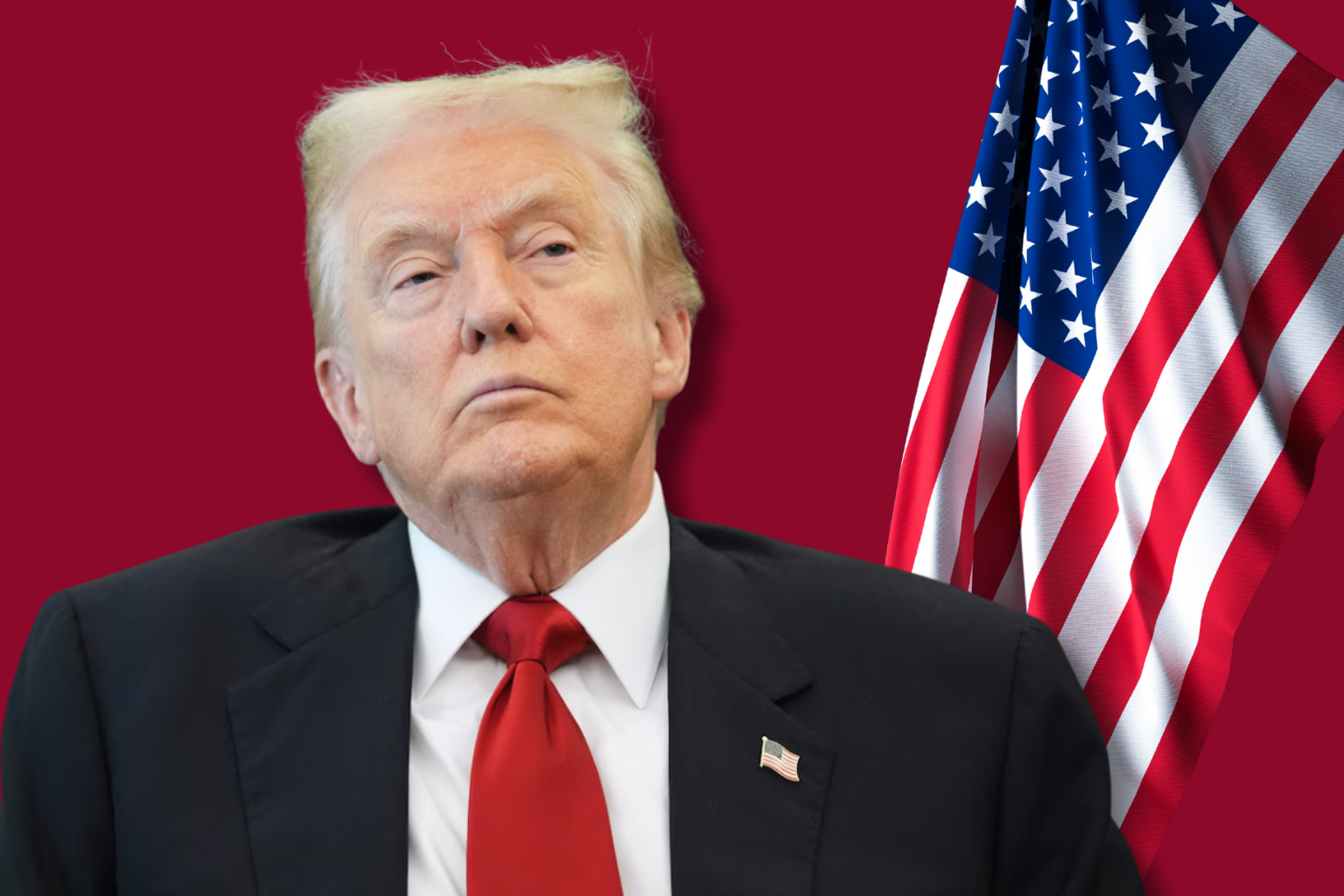New Revelations on President Biden’s 2024 Decision-Making and the Snub That Sparked Quiet Storm

Insider interviews reveal how Joe Biden’s last-minute choice caused party repercussions in his 2024 presidential bid. The new book by respected journalists Jake Tapper and Alex Thompson claims that Biden’s withdrawal on July 21, 2024, followed a storm of senior politicians’ concerns that were delayed too long.
Biden increasingly avoided former President Barack Obama and others’ attempts to contact him in the days leading up to his retirement. The book describes how Obama called many times during the crucial 48-hour decision window but was ignored. Biden’s close circle secretly orchestrated his next move, endorsing Kamala Harris as Democratic contender.
The book extract says Biden spent the final morning after his decision talking to his family and close aides before announcing it. He then called about 50 of his closest allies—Congressmen, governors, labor leaders—to congratulate them and promote Harris. The name Barack Obama is missing. During those vital hours, sources believe Obama’s voicemail went unanswered and full.
The new book does not excuse the choice to not contact Obama. Instead, the authors see it as Biden’s team’s planned decision to contain damage and solidify the messaging. The public reason was his backing of Harris as a unifying gesture, but the book believes the skipped call to Obama caused quiet friction in one of the most major Democratic alliances.
Political commentators say the snub has numerous meanings. First, it suggests Biden’s ambition to dominate the Harris transition without mediation and a break with the Obama-Biden relationship. Second, poor polling numbers and the disastrous debate performance with Donald Trump may have narrowed Biden’s trusted group, preventing even longtime allies from controlling the narrative.
The snub affected the Democratic ecology, observers say. Obama’s staff and other senior party leaders felt excluded, raising concerns that Biden’s resignation and endorsement were a top-down decision by a tiny group. Harris’s campaign rhetoric was convoluted, which may have dampened a party rallying moment.
The book highlights the party’s struggle with generational shift, personality dynamics, and legacy preservation during a tumultuous election. Snubs symbolize institutional tensions: loyalty versus pragmatism, control versus collaboration, heritage versus progress.
The public narrative centered on Biden’s statement abandoning the race and supporting Harris, while the inside story shows that personal ties and party politics impacted the decision. The book claims that Biden’s decision to ignore Obama’s call affected party unity, candidate transition, and leadership continuity.
This episode may have been more than a personal slight. It marks a turning point in the Democratic Party’s internal rhythm, when legacy, succession, and strategy converged in a presidential election. The book shows that Obama’s rejection is not merely a footnote but a symbol of U.S. political leadership’s recalibration.
Sources
Book excerpt and reporting from Tapper & Thompson
Related political commentary and analysis




